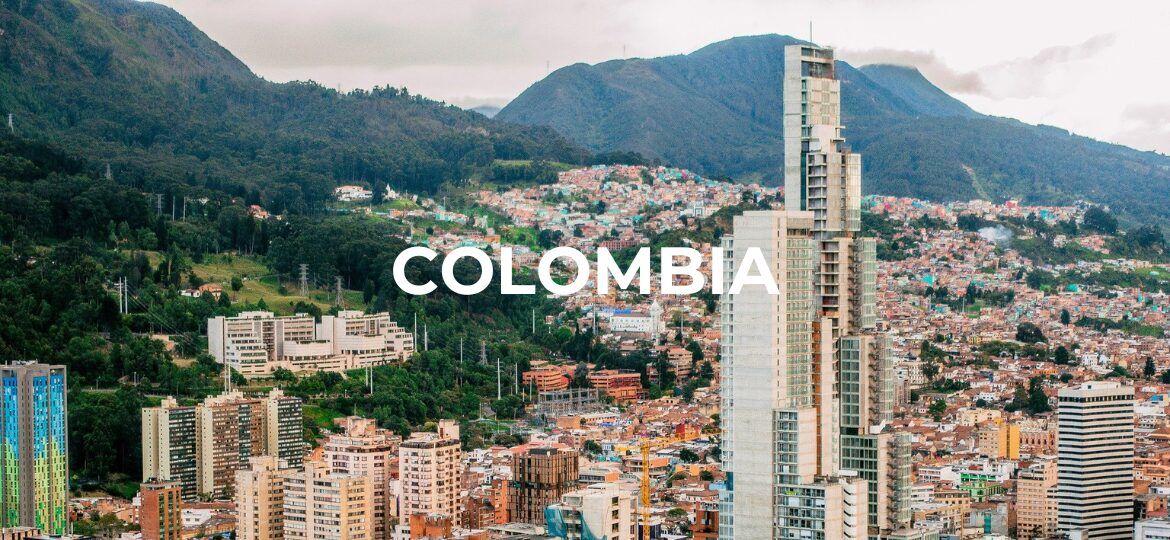
Colombia’s human rights landscape remains one of the most dangerous in the world for those defending life, land, and social justice. In 2024 alone, 157 human rights defenders were killed, the highest figure globally. In 2025, the pattern of targeted violence has continued, labor rights defenders have paid a particularly high price, with Colombia accounting for 63% of murdered trade unionists worldwide.
On April 28, 2025, Walberto Quintero Medina, Vice President of the Central Unitaria de Trabajadores (CUT) in Cesar and board member of Sinaltrainal, was shot six times by a hired gunman in Valledupar. He succumbed to his injuries the following morning. His death marked the 56th killing of a social leader in Colombia this year. Civil society and government voices, including the Minister of Labor, have demanded urgent justice and stronger protections for those defending labor rights.
This violence is not an isolated tragedy, it is the backdrop for the daily reality of grassroots leaders like Yesica Méndez Alvarado, a campesina human rights and environmental defender from the Magdalena Medio region. Yesica plays a central role in the Asociación Campesina del Valle del Río Cimitarra (ACVC-RAN), representing over 100 community structures in their fight for food sovereignty, biodiversity protection, and land rights. Her community faces armed confrontations, forced displacement, and the constant threat of resource exploitation.
Due to the escalating risks, Yesica is currently participating in the Catalan Program for the Protection of Human Rights Defenders in Barcelona, with the accompaniment of International Action for Peace. Her temporary relocation has provided a rare space for rest, reflection, and international advocacy.
“Simply being present and bearing witness in my territory is an act of resistance,” she told us. “From Barcelona, I’ve been able to connect with European institutions, universities, and solidarity networks, ensuring our voices are heard and our struggles not forgotten.”
Her testimony is a reminder that relocation is not only a protective measure—it can also strengthen movements by building new alliances and expanding advocacy. But she warns that international attention is waning. “Many view the 2016 Peace Accord as the final step, as if Colombia is now peaceful. The reality is armed groups remain active, and social leaders are still being killed.”
Yesica is not alone. María Eugenia, from Antioquia and legal representative of CONPAZCOL, continues her work supporting Afro-Colombian, Indigenous, and peasant communities facing violence and displacement. In Tolima, the Comité Ambiental en Defensa de la Vida resists destructive mining through grassroots protection networks and agroecology initiatives, showing how collective action can create safer, more sustainable futures.
These stories highlight both the resilience of Colombian civil society and the urgent need for sustained international solidarity. Behind the statistics are defenders whose courage protects the foundations of peace, equity, and environmental justice, not only in Colombia, but for all of us.



